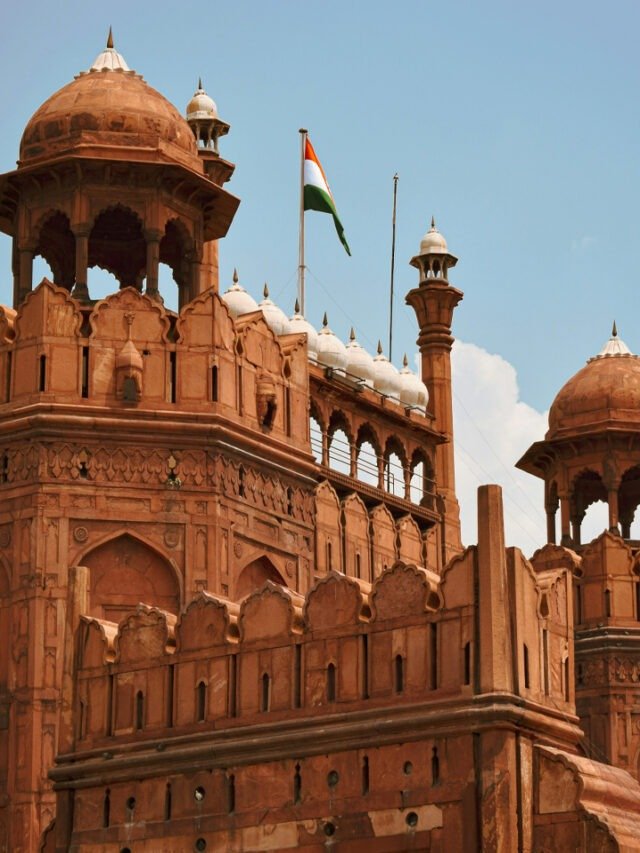NEW DELHI, Feb 23: India’s One Nation, One Subscription (ONOS) initiative will democratise access to high-quality academic content, which only wealthier institutions could afford earlier, according to Mandy Hill, Managing Director of Academic Publishing, Cambridge University Press (CUP).
In an interview with PTI, Hill, however, flagged that unlocking the potential of Indian academia is not just about access but about empowering researchers to make meaningful contributions to the global knowledge economy.
Hill was in India recently to discuss how CUP can support the government’s ambitions with ONOS and plan for the next steps.
“The New Education Policy (NEP) has many components. However, ONOS is particularly significant for our journals publishing business. This initiative ensures that researchers across India, regardless of their institution, have uniform access to high-quality academic content,” she said.
“Previously, only wealthier institutions could afford comprehensive subscriptions, while others had limited or no access. ‘ONOS’ democratises this access, enabling Indian academics to improve both the quality and quantity of their research output,” she added.
The Centre had in December launched the “One Nation, One Subscription” initiative under which 3,400 international journals covering science, technology, engineering, medicine, mathematics, management, social sciences and humanities would be made available to researchers in the first phase.
‘ONOS’ will be coordinated by a central agency — the Information and Library Network (INFLIBNET), an autonomous inter-university centre of the University Grants Commission (UGC).
Hill asserted that Cambridge’s focus is on academic publishing, specifically research journals aimed at researchers rather than students.
“Our journals programme aligns well with the NEP’s goals, particularly in supporting researchers with access to high-quality information. Before ‘ONOS’, central universities often had their own digital libraries, offering varying levels of access. Some institutions subscribed to our entire programme, others to selected titles, and some had no access at all. ‘ONOS’ ensures equitable access across public institutions, which is a transformative step,” she said.
“We also see ‘ONOS’ as phase one of a broader vision. The next phase should focus on open access, ensuring not just access to global research but also greater visibility and impact for Indian research worldwide. This aligns with the government’s plans, and we are excited to collaborate on this transition,” Hill said.
Asked about plans in the pipeline, Hill said, while ‘ONOS’ provides ubiquitous access, it is equally important to help Indian researchers publish more in high-quality journals.
“Currently, we receive a high volume of submissions from India, but the acceptance rates remain lower. To address this, we aim to support academics through author workshops, clear guidance, and open conversations about improving publication standards. Quality remains our top priority, and we want to help Indian researchers meet those benchmarks,” she said.
To maximise the impact of its participation under ‘ONOS’, the CUP is planning a series of activities, across the country, tailored specifically to support the academic and research community.
These include a series of publishing workshops designed to enhance scholarly communication, guidance on Article Processing Charges (APC) services to facilitate publishing and build a researchers community, and the introduction of credit-based programmes aimed at further supporting research.
The CUP has recently signed an agreement with Visvesvaraya Technological University (VTU) which will provide e-book access to 211 institutions, benefiting over 350,000 students and researchers.
“This initiative focuses on equitable pricing and broad access, reflecting our mission to democratise information. Beyond ‘ONOS’, we continue to work with private institutions through transformative agreements, enabling them to access our content and publish open access for free. These efforts complement ‘ONOS’ and ensure comprehensive coverage,” Hill said.
“By providing equitable access to high-quality content and supporting researchers in publishing globally impactful work, Cambridge is proud to contribute to India’s academic and research ecosystem. Unlocking the potential of Indian academia is not just about access—it’s about empowering researchers to make meaningful contributions to the global knowledge economy,” she added. (PTI)












